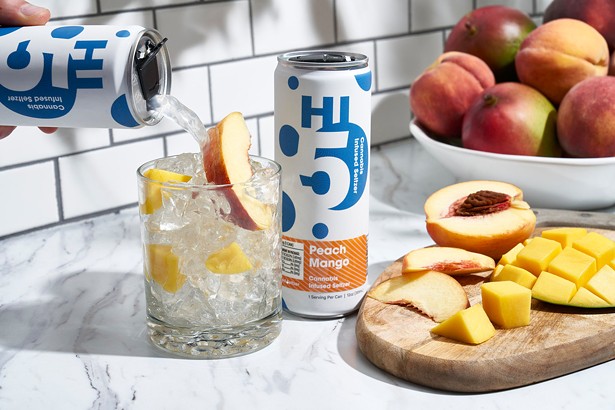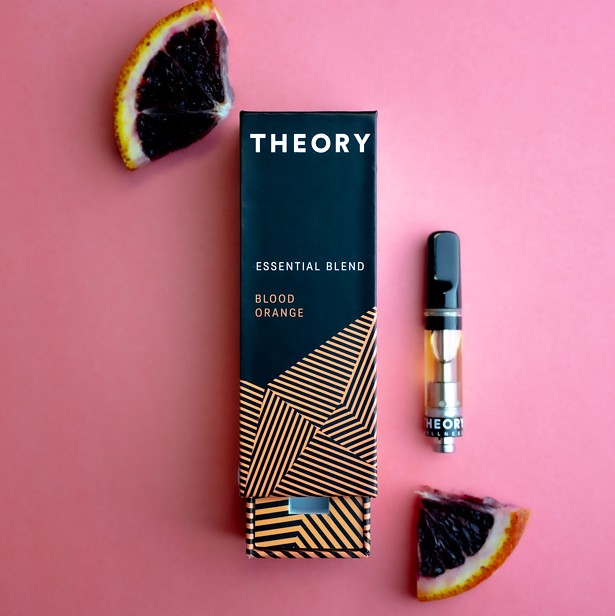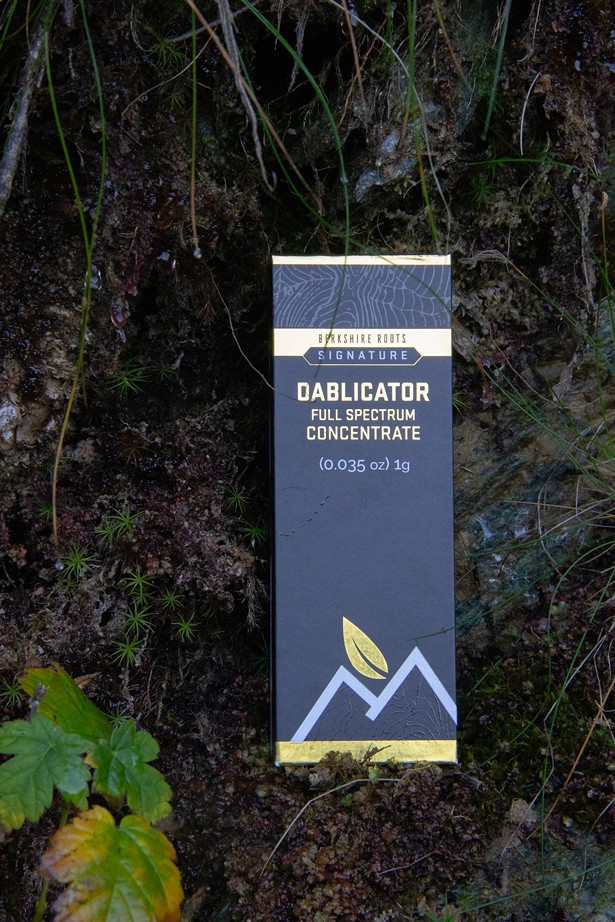With adult-use recreational cannabis now legal in 18 states (Alaska, Arizona, California, Colorado, Connecticut, Illinois, Maine, Massachusetts, Michigan, Montana, Nevada, New Jersey, New Mexico, New York, Oregon, Vermont, Virginia, and Washington), market analysts are starting to gain a wider picture of consumer behavior across the country. Who these consumers are, where they are concentrated, as well as what, and how much, they are buying.
The National View
Flower is power, or so the cannabis industry has been saying for years, but it would seem that the popularity of stinky buds is on a gradual decline (at least for now). Cannabis flower accounted for only 59 percent of national sales last year, down from the previous three years where it consistently tipped over the 60 percent mark. On the other hand, concentrates and edibles increased in popularity nationwide in 2021.
Another indicator of consumer spending is the big money swirling around cannabis-infused seltzers, which are expected to exceed $1 billion in annual national sales by 2025. Little wonder that Coors, Pabst Blue Ribbon, and Constellation Brands (owners of Corona, Modelo, and many other wine and spirit brands) have already made their first forays into CBD seltzers. (None of this, of course, accounts for black market sales.)

Like with any consumer product, these numbers and trends come with state-to-state variation. For instance, Missouri and Nevada are among the highest consumers of edibles, but edibles are much less popular in places like California, Oregon, Alaska, and Montana. By contrast, Oklahoma and Maine aren’t as keen on concentrates as Nevada and Colorado, but consumers in those two states like their flower more than many other parts of the country.
The Local Lowdown
With this evolution in consumer spending and preferences, as well as a greater understanding of what these trends mean for the industry, how does the Berkshires market measure up to national and statewide behaviors, and what are the hot ticket items among recreational consumers?
Across Massachusetts, pre-rolled joints accounted for 13 percent of sales over the past 12 months, and while dried flower is still a significant market, last year it accounted for just over half of the state’s overall recreational business. Edibles account for a large chunk of sales on their own, with 15 percent of the market being nibbled last year, a rate higher than the national average. How does this match with the Berkshires?

“Edibles and beverages are very popular right now, especially in Massachusetts,” says Carol Tyson, marketing manager at the Pass in Sheffield. “Our best-selling product is Knockout Gummies, made in-house. Vapes are also making a massive comeback in 2022, especially disposables for ease of use.”
Vapes are popular everywhere as smoking, particularly cigarettes, declines nationally, but how about the billion-dollar industry that is cannabis-infused seltzer, and how does it impact the Bay State? If the purchase of cannabis-infused seltzer brand Levia (which was acquired by Ayr Wellness in a deal that is expected to reach around $60 million) is anything to go by, Massachusetts is falling into lockstep with the rest of the nation.
“We are seeing a broad adoption at a local market and national level as consumers are shifting to infused beverages as an alternative to alcoholic drinks,” comments Thomas Winstanley, chief marketing officer at Theory Wellness in Great Barrington.
Winstanley also points to anecdotal evidence from Theory’s consumers, who reported that their choices were health-based (citing the damage of catching a buzz from alcohol versus the limited impact of drinking cannabis), as well as being inspired by change brought on by the COVID-19 pandemic. It lines up, too. Hi5, theory’s in-house cannabis seltzer brand, is one of the most popular products sold at Theory’s six dispensaries in Massachusetts and Maine.

Cannabis-infused seltzers are also doing effervescent sales at Canna Provisions in Lee, where Levia and other similar beverages are flying off the shelves. “The convenience and familiarity of the product corresponds with the trend of a rise in dosed beverages entering the recreational/adult-use cannabis market,” says Dan McCarthy, Canna Provisions media specialist, “but flower is also big for us.”
This should come as no surprise. Canna Provisions boasts cannabis legend Greg “Chemdog” Krzanowski as their head grower, the man who helped redefine American cannabis with a special Chemdog strain and its offspring (Sour Diesel, Deadhead OG, et al.) continues to innovate, creating new cultivars for a new generation of consumers.
“Smash Hits is our own [flower] brand we cultivate, spearheaded by a legacy market legend, Greg 'Chemdog' Krzanowski,” says McCarthy. “When people learn you can get real Chemdog genetics—grown by Chemdog himself and the Smash Hits team—on the legal market, they flock to the door.”
Flower is also a popular seller at Berkshire Roots in Pittsfield, with Orange Chem (rumored to be a descendant of the Chemdog strain) their most popular product with consumers, followed by an indica-dominant elderberry chew infused with melatonin—another popular edible in a state where edibles are on the tip of everyone’s tongues.
The Truth About Trends
But Holly Alberti, senior director of marketing at Berkshire Roots, warns against relying too heavily on, and looking too deeply into, consumer purchasing trends in the cannabis industry. “Trends in cannabis are affected by several factors, one of which being national trends,” comments Alberti, “and as new products hit other markets, trends will migrate to other states.”
“However, as cannabis is highly regulated,” Alberti continues, “it is more complex than coffee or fashion trends—many times certain products or items that are available in other states might not be something you can find across the country due to the individual regulations within each state.”

Federal law prohibits THC cannabis in any form from traveling across state borders, meaning each state must grow its own plants and create all of its consumer products from scratch. But if national trends aren’t as important as they might seem, how to get accurate and reliable data that is representative of local consumer demand? Winstanley of Theory Wellness reveals a system that his team has developed to stay on top of what’s hot, and what’s not. “We keep data on sell-through and production rates to ensure the products we’re producing meet the consumer where they are,” explains Winstanley. “Evaluating what’s working, what’s not, and what has potential. It’s a daily conversation that is constantly evolving.”
Evolving is the right word. The nation is still getting acquainted with cannabis as a day-to-day consumer product. Given the complexity of the plant and the ever-expanding range of goods for sale, however, consumers can get overwhelmed by choice. Or worse, purchase something that doesn’t react well with them. “As consumers access more education, information and awareness about cannabis in general, this will shift what companies produce,” explains Alberti. “Many folks are just not familiar with certain products or the different ways to engage with cannabis, which is why information is key.”
Consumers who want to explore the cannabis industry, to whatever degree, should feel empowered to approach industry professionals at their local dispensary and ask questions to help them to understand what they are buying. It is then that they can grasp, and influence, the trends that dictate the industry, and what companies create
As Tyson at the Pass explains, “We’re always taking in customer feedback and what exactly the customer wants to see. If we don’t have a specific product, we will make it a point to bring it onto the menu.”
The cannabis consumer, it would seem, is very much in control.












